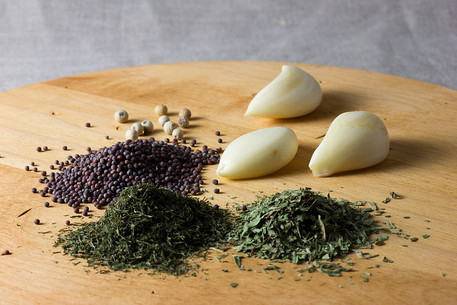
People rarely realize that they have 2 medicine cabinets - one in their bathroom and one in their kitchen. It may come as a surprise but most everything we have in our pantry can be used as medicine. As a Naturopathic Doctor with practices in both Jerusalem and Tel Aviv my patients are always shocked when I prescribe treatments made from common foods or spices found in their own spice racks! Below I present the main medicinal uses of foods and spices you have in your kitchen and the top health benefits to be found in each. You don’t have to go farther than the kitchen to find a remedy to many of the common health problems today!
Pink Himalayan Salt:
Pink Himalayan salt comes from 200 million years old crystallized sea salt beds. It is by far the purest salt available on earth --- free of toxins or pollutants. These salt beds were protected from pollution for millennia---covered in snow and ice. The salt most people use (white table salt) is made from Sodium Chloride and depending on the country you live in contains the addition of Iodide. This common table salt is made industrially and is chemically stripped of trace elements. Pink Himalayan salt however contains at least 84 naturally occurring trace elements in their natural form, including calcium, magnesium and potassium. These minerals are needed by the body to promote a healthy balance of minerals which replenishes your supply of electrolytes. (Note however that this salt does not supply iodide, a necessary nutrient.) Pink Himalayan salt also wins out to Sea salt as a healthier choice as the oceans today are becoming increasingly more toxic and we are getting some of that in the sea salt. You also are not likely be getting sea salt in raw sea salt form – as around 89% of all the sea salt producers now refine their salt which means that it is also being stripped of it of trace minerals. Thus, Pink Himalayan salt is the healthiest choice.
Peppercorns:
The medicinal use of pepper is mainly to stimulate digestion. The volatile oil in it allows for normal digestive functioning. That is why it is often added to teas to that aid digestion. Use pepper to improve sluggish digestion and to stimulate appetite. Pepper also clears mucous from the digestive tract (as well as the respiratory system) and is thus helpful in chronic inflammatory conditions. Traditionally, pepper has been considered to be an aphrodisiac and a valuable treatment for impotence. One thing to know about pepper is that helps make the digestive tract more permeable so that hard to absorb nutrients are better absorbed - that is one reasons why you often find it combined with turmeric in supplement formulas.
Garlic powder:
Garlic powder is different from raw garlic – the oils degrade as it dries and ages and leave more stable, water-soluble compounds. These are mostly antioxidant in nature. It is these antioxidants that have been found in recent research to give garlic the ability to prevent cancer, lowering blood pressure, protect the heart, and provide immunity and stroke prevention. Garlic powder possesses potent cardiovascular properties, lowering serum cholesterol and increasing high-density lipoprotein levels (the good kind of cholesterol). Garlic has also been shown to decrease blood pressure, particularly diastolic. It also has a blood thinning effect and has been show to prevent strokes.
Dried Thyme:
It has been said that “Thyme is to the lungs what peppermint is to the stomach and intestinal tract.” Thyme is one of the best remedies for dry and or spastic coughs. It helps relax the respiratory muscles while at the same time enabling the stimulation necessary to remove the phlegm from the chest. It has antiseptic and antibacterial actions making it useful in treatment of bacterial chest infections. It is easy enough to use as a remedy by making a tea out of the dried plant leaves.
Turmeric Powder:
Turmeric powder is one of the world’s most medicinal spices. Research keeps enlightening us about it’s varied health benefits. It has known anticancer properties and is especially useful in treatment of inflammation in the body. It is useful in any condition where there is chronic inflammation. I have used it in my practice to treat irritable bowel, arthritis, sport injuries and anything where there is chronic inflammation. Most of the studies on this herb use turmeric extracts that contain mostly the active ingredient curcumim used in high doses. It would be very difficult to reach these levels just by using the turmeric spice in food - however I do believe that some benefits of eating it on a regular basis can still be had - especially it’s ability to work as an antioxidant. But if you do want experience the full effects, then you need to take a supplement. Tumeric as also poorly absorbed into the bloodstream. It helps to consume black pepper with it to enhance the absorption of curcumin.
Cardamon:
Before Cardamon was used as a popular spice it was used as a medicine. It has been used traditionally as a powerful aphrodisiac. In both early and modern medicine, cardamom is believed to have mood-elevating properties. Research has shown it to be cancer preventive and heart protective, and apparently it can improve blood circulation. It’s been used to treat dental diseases and gastrointestinal disorders. Nutritionally, it has one of the highest manganese content of any food and is high in fiber and iron.
Curry powder:
Curry is a blend of spices used in Indian cuisine. Some of the most common ingredients in curry include turmeric, cinnamon, fenugreek, coriander and ginger. Mustard seed, cardamom and cayenne pepper are also also included in some curry spice mixtures. Many of these ingredients provide health benefits as we have already discussed in this article. One of the constituent spices --- fenugreek has been shown in studies to lower cholesterol and reduced the occurrence of cholesterol based gallstones.
Sumac:
The sumac bush, native to the Middle East, produces a red berry, which is dried and ground into coarse powder and used as a lemony tasting spice. Sumac has exceptionally high antioxidant properties, and Sumac is now being touted by some as the next super food. Antioxidants counteract or neutralize free radicals and their destructive effects on the body. Sumac has also been shown in research to have a number of health including enabling better blood sugar control, reduced cholesterol levels and better overall cardiovascular health.
Garam Masala:
A common addition to most north Indian dishes, Garam Masala is a combination of cardamom, cloves, cinnamon and cumin. Each of these constituents are medicine in their own rights as we have mentioned. However it is actually an ancient remedy on it’s own as a mixture. Infact, according to Ayurvedic medicine Garam Masala brings all the six rasas (tastes) into a dish to create a balanced dish considered to be easier to digest. Therefore used on food it is a very good remedy to improve sluggish digestion and to improve ones own metabolism.
Paprika:
Paprika has shown antibacterial properties and has been shown to help naturally control bacteria such as Salmonella and E. coli in the stomach --slowing down their growth. Paprika contains a very important chemical compound called Capsaicin. Capsaicin also has anti-inflammatory properties, which can help ease arthritis and joint pain. Capsaicin is an effective pain reliever when it is applied externally. I use capsaicin cream to treat shingles and post herpetic neuralgia in my Naturopathic clinic in Jerusalem. Paprika is also high in antioxidants because it is rich in vitamins A and E. It is also rich in Vitamin C. Paprika also stimulates the cardiovascular system and improves blood circulation and blood pressure.
Zaatar:
Zaatar is a mixture of dried thyme, sumac, marjoram, oregano, sesame seeds, and salt, and is found throughout the Middle East. It can be sprinkled over bread, olive oil, yogurt or even chicken to give it a wonderful taste boost. It has much historical use in medicine -- being was used in the Mediterranean as early as the 12th century. Medieval Rabbi and Physician Moses Maimonides prescribed it to his patients for it’s health benefits. There is not a lot of research on zaatar as a medicine but many of its constituents already mentioned in this article namely sumac, thyme, and oregano are all chock full health benefits - being especially rich in antioxidents.
Cilantro:
Traditionally Coriander (aka cilantro) was used in medicine to sooth stomachs. Cilantro is now most noted for its use as a natural chelator (extractor) of heavy metals from the body. Cilantro has been found to suppress lead accumulation in rats, suggesting cilantro may combat lead and other heavy metal toxicity. Because of it’s chelation abilities, it is used today as a natural water purifier. The heavy metal chelation factors of cilantro have led to its recent use in many detoxification supplement products. I often prescribe patients I believe to be suffering from heavy metal issues to eat it on a regular basis.
Basil:
Basil contains a chemical called Eugenol which has been shown to have anti-inflammatory properties. It works by blocking the enzyme cycloxygenase (COX). The COX enzyme effects inflammatory reactions inside the human body. Basil can be an important remedy for symptomatic relief in individuals with inflammatory health problems like osteoarthritis, rheumatoid arthritis, and inflammatory bowel conditions. Basil could also be benefit the long-term health of the eyes since it is rich in eye protective vitamins - Lutein and Zeaxanthin, and Vitamin A.
Dill:
Dill is best known for its use in digestion - and can be a good remedy for reducing excessive gas. It is a herb with what is called “carminative action” meaning that they ease and regulate the movement digestive tract. Other carminatives you may be familiar with are mint, chamomile and ginger.
Mint:
Mint contains a chemical called Menthol that has been shown to be both anti-bacterial and anti-parasitic. It also has a significant effect on digestion soothing digestive disturbances and flatulence. It is antispasmotic and can relieve painful stomach cramps. Mint can be used for any and all digestive problem except heartburn (which it usually makes worse). It can be used to slow down nausea and vomiting. It’s cousin, Spearmint, is actually gentler to the stomach than peppermint, useful at relieving colic in children.
Rosemary:
Rosemary is a potent medicine that has been used for thousands of years in the Mediterranean. I use it mostly as a circulatory stimulant for the brain and head. It’s oil can be used to re-grow hair in hair loss and dried leaves used as a tea can be used to improve memory and brain function. It can also be used to calm digestion, and stomach upset caused by stress but it may cause problems from someone suffering from Heartburn.
Garlic, peeled:
Crushed garlic has been shown to be to be antibacterial, antiviral and antifungal and it inhibits a wide range of pathogens that cause cold and flu symptoms. Finely chopped garlic that has been exposed to the air for 10-20 minutes becomes activated to kill these bacteria and viruses. This can be swallowed 1-2 times/day while sick to kick a cold - especially a chest infection. (Note it can be very hard to swallow if raw - one good way to eliminate the strong scent is to take it mixed in honey). The reason why garlic is one of the best herbs for upper respiratory (chest) infections is because the antibacterial chemical in garlic is excreted out of the body through the lungs thereby acting strongly on bacteria in the lungs. Cooking garlic will remove the antibacterial compounds and make it less effective.
Ginger:
A main use of ginger is to relieve nausea and as a digestive aid. Although best to avoid during the first trimester of pregnancy for safety reasons, some use ginger later in pregnancy for morning sickness. It is a very good remedy for pains and cramps of the intestinal track. Ginger is a warming herb and it can be used when digestion is difficult due to raw, cold or of difficult to digest foods. It can also be used to help speed up recovery from colds with sore throats especially when adding honey and lemon.
Lemons:
Lemon juice helps flush out unwanted toxins. This is partly because lemons increase the rate of urination in the body. It is also because lemons contain citric acid that apparently maximizes enzyme function in the liver thereby increasing the livers’ ability to detoxify chemicals and toxins from our body. In my opinion, the main way to use lemon medicinally is as lemon water – take a half a lemon and squeeze it into luke warm water. This is then drunk on an empty stomach before eating anything when one wakes up in the morning to both improve liver function/detoxification in the body and stimulate appetite. Note that excessive use of lemon water can ruin the enamel on your teeth.
Limes:
Limejuice contains antioxidants that slow down the buildup of plaque on artery walls. Limes a special antioxidant that has been shown to have anti-cancer properties. Lime offers a host of vitamins and minerals, including potassium. Potassium is important for maintaining healthy nerve function and normal blood pressure levels. One interesting use of lime was in the treatment of sickle cell anemia a condition that causes the bone marrow to produce sickle-shaped red blood cells.
Dr. Anders Nerman, N.D. is a Naturopathic Doctor with an Integrative Family Medical practice in Wolfson Medical Center in Jerusalem, Israel. For more visit www.drnerman.com or call 972-54-427-8667.
Information is provided for informational purposes only and is not intended as a substitute for the advice provided by your physician or other healthcare professional. Always speak with your physician or other healthcare professional before taking any medication or nutritional, herbal or homeopathic supplement, or adopting any treatment for a health problem.

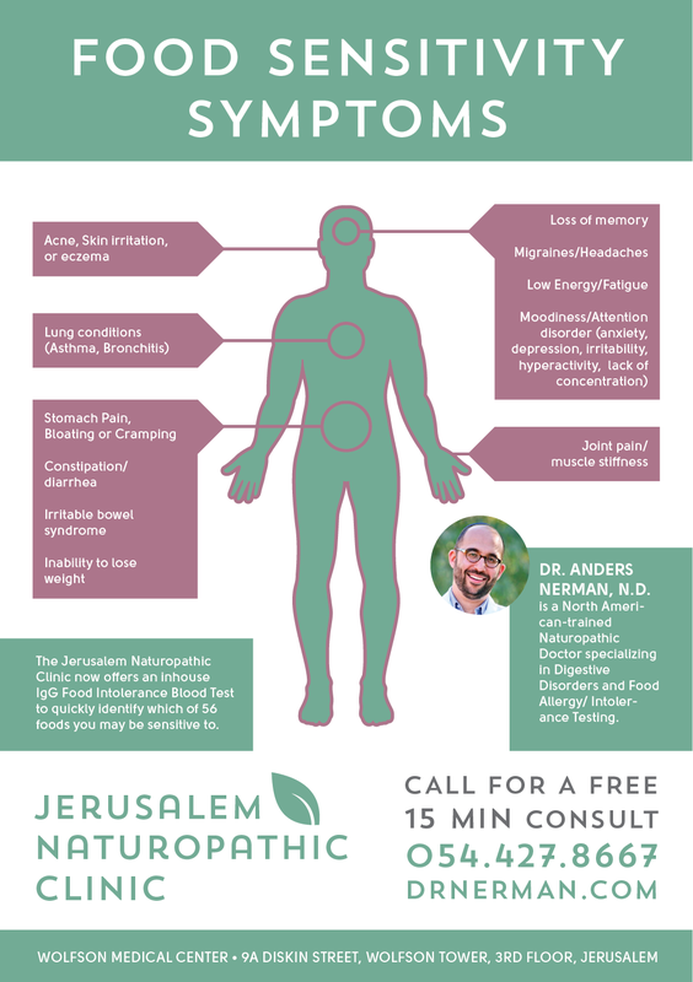
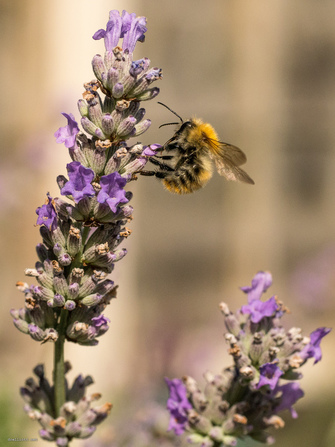
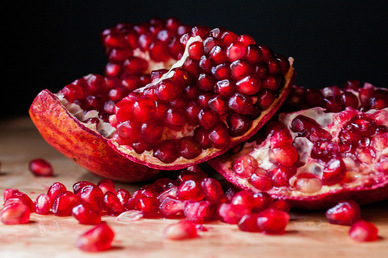
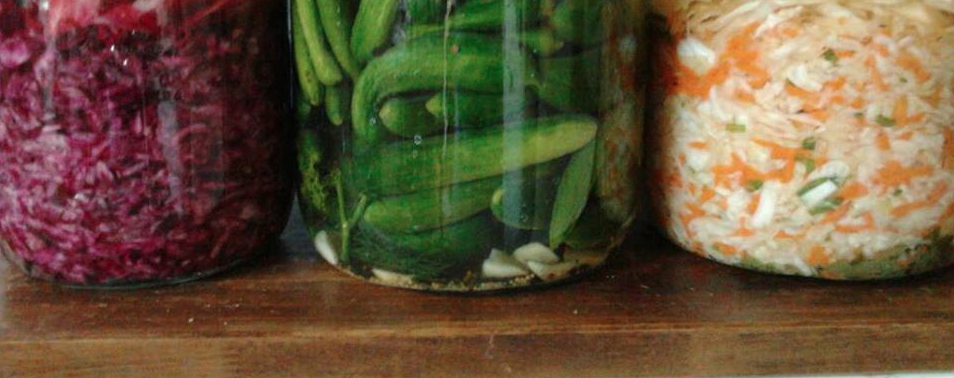
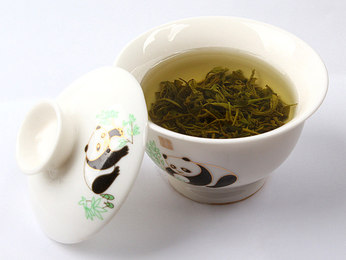

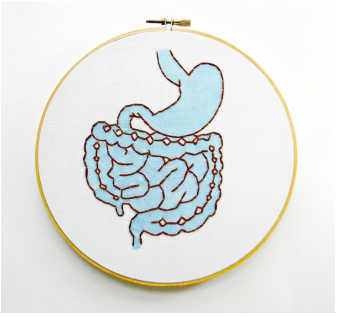
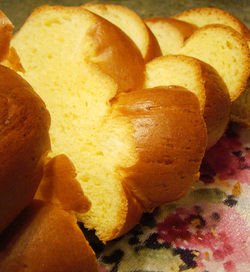


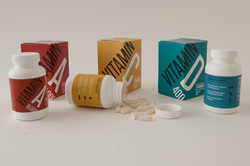
 RSS Feed
RSS Feed
